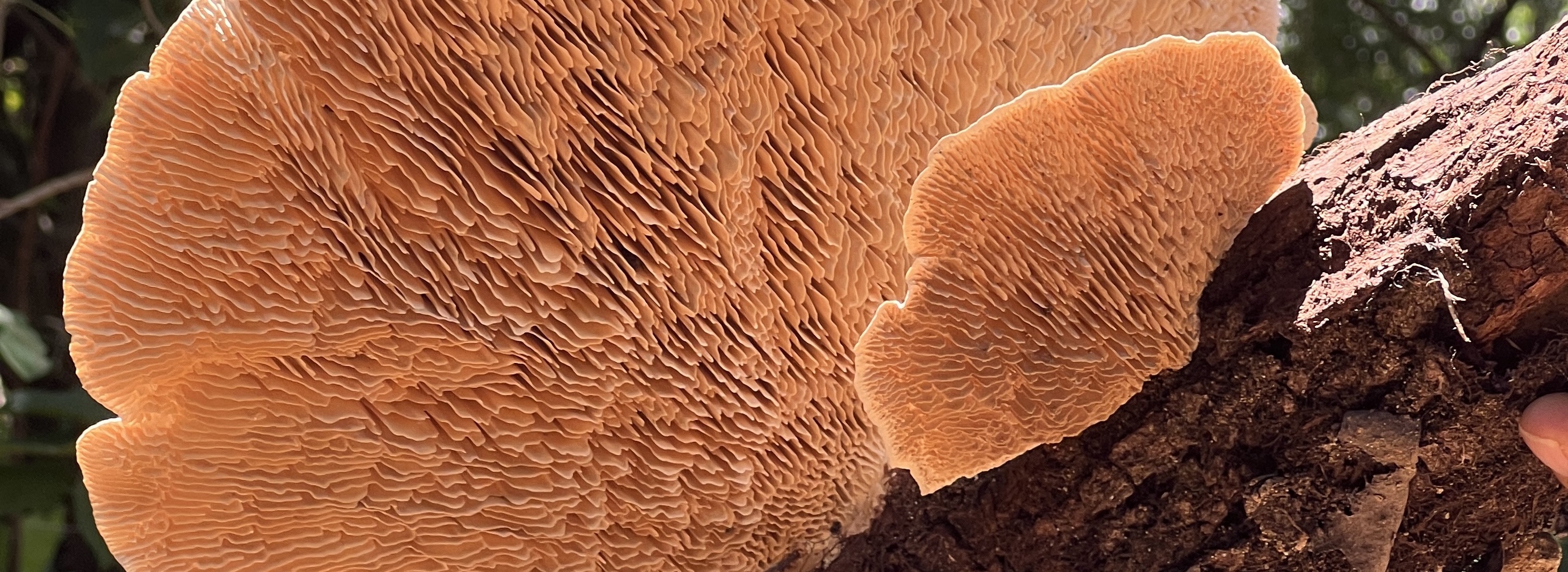
Monteverde Institute: Tropical Ecology and Conservation
Files
Download Full Text (254 KB)
Publication Date
September 1999
Abstract
The effect of seed predation by acorn weevils on the acorns of Quercus insignis was assessed in the context of frequency of infestation and the extent of damage incurred by the larvae on individual acorns. The effect of such damage on early fruit abscission and germination potential of infested acorns was also examined in this study. Acorns were collected from five Q. insignis trees in the lower montane forest of the Cordillera de Tilarán in Costa Rica. Frequencies of infestation varied greatly among the five trees, from 3.3% to 75%. However, there was no evidence for early abscission of infested acorns by the parent trees. Finally, the larvae were found to produce considerable damage to individual acorns after abscission that could potentially limit recruitment rates of Q. insignis.
Resumen
El efecto de los gorgojos como depredadores de las bellotas de un roble tropical, Quercus insignis, fue evaluado. La frecuencia de bellotas infestadas y el alcance de daño por las larvas fueron usados para evaluar el impacto de los gorgojos. El efecto de este daño en el aborto de las bellotas y el potencial de germinación también fue examinado. Bellotas fueron recogidas de cinco arboles de Q. insignis en el bosque montano de la Cordillera de Tilarán en Costa Rica. Las frecuencias de bellotas infestadas fueron muy diferente entre los árboles, de 3.3% a 75%. Pero no había evidencia para el aborto de las bellotas infestadas. Finalmente, se descubrió que las larvas causaron daño considerable después de que las bellotas cayeron a la tierra. Entonces, los gorgojos pueden limitar en potencia el índice de reclutamiento en Q. insignis.
Extent
7 pages
Holding Location
Monteverde Institute
Language
English; Spanish
Media Type
Articles
Format
Digital Only
Identifier
M39-00011
Type
Book
Recommended Citation
Kuhman, Timothy R., "The effect of acorn weevils (Curculionidae: Curculioninae) as seed predators of Quercus insignis (Fagaceae) in a tropical montane forest, September 1999" (1999). Monteverde Institute: Tropical Ecology and Conservation. 221.
https://digitalcommons.usf.edu/tropical_ecology/221


